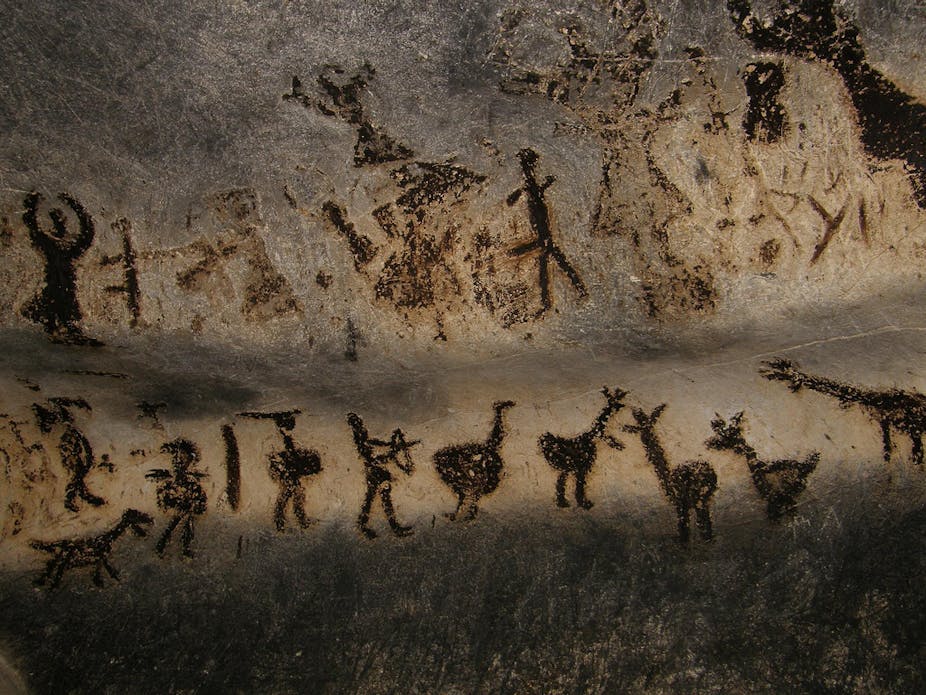Primitive women were more likely than their male counterparts to pack up and leave the cave, eventually partnering with men from further afield, according to a new study published in Nature magazine.
By studying fossilised teeth from nearly 2 million years ago found in caves near Johannesburg, South Africa, the scientists determined that around 90% of the male hominins lived and died in the same area but half the females were from other regions.
“Females were more likely than males to disperse from their natal groups. This is similar to the dispersal pattern found in chimpanzees, bonobos and many human groups, but dissimilar from that of most gorillas and other primates,” the report said.
The researchers used an element called strontium to help determine where the long-dead owners of the teeth grew up.
The women may have left their home turf to avoid in-breeding or as part of a social system to preserve good relations between males, the researchers said.
Professor Rick Shine, an evolutionary biologist and zoologist from the University of Sydney said the results were interesting.
“The issue of which sex disperses and which one stays at home has attracted a vast body of research. There are broad patterns - in most mammals it’s the boys that leave whereas in most birds, it’s the girls - but with a lot of variation among species even within closely related groups,” he said.
“Indeed, our recent work with sea snakes has shown that even within the same species in the same area, we see male-biased dispersal in some populations and female-biased dispersal in others.”
“So even though the early hominids in this study show a pattern of the girls leaving home to find boyfriends, it wouldn’t shock me to discover that in the valley next door, the reverse situation occurred,” he said.

